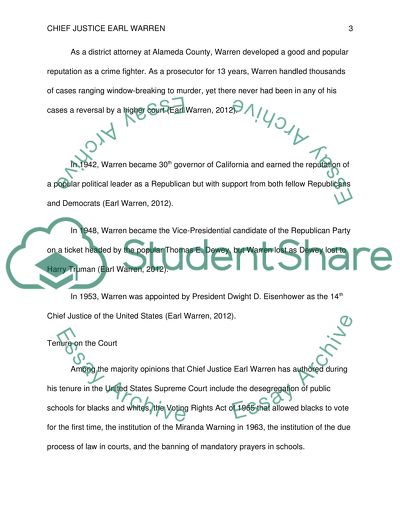Cite this document
(“Supreme Court Justice Review: Chief Justice Earl Warren Essay”, n.d.)
Supreme Court Justice Review: Chief Justice Earl Warren Essay. Retrieved from https://studentshare.org/law/1402706-supreme-court-justice-review
Supreme Court Justice Review: Chief Justice Earl Warren Essay. Retrieved from https://studentshare.org/law/1402706-supreme-court-justice-review
(Supreme Court Justice Review: Chief Justice Earl Warren Essay)
Supreme Court Justice Review: Chief Justice Earl Warren Essay. https://studentshare.org/law/1402706-supreme-court-justice-review.
Supreme Court Justice Review: Chief Justice Earl Warren Essay. https://studentshare.org/law/1402706-supreme-court-justice-review.
“Supreme Court Justice Review: Chief Justice Earl Warren Essay”, n.d. https://studentshare.org/law/1402706-supreme-court-justice-review.


